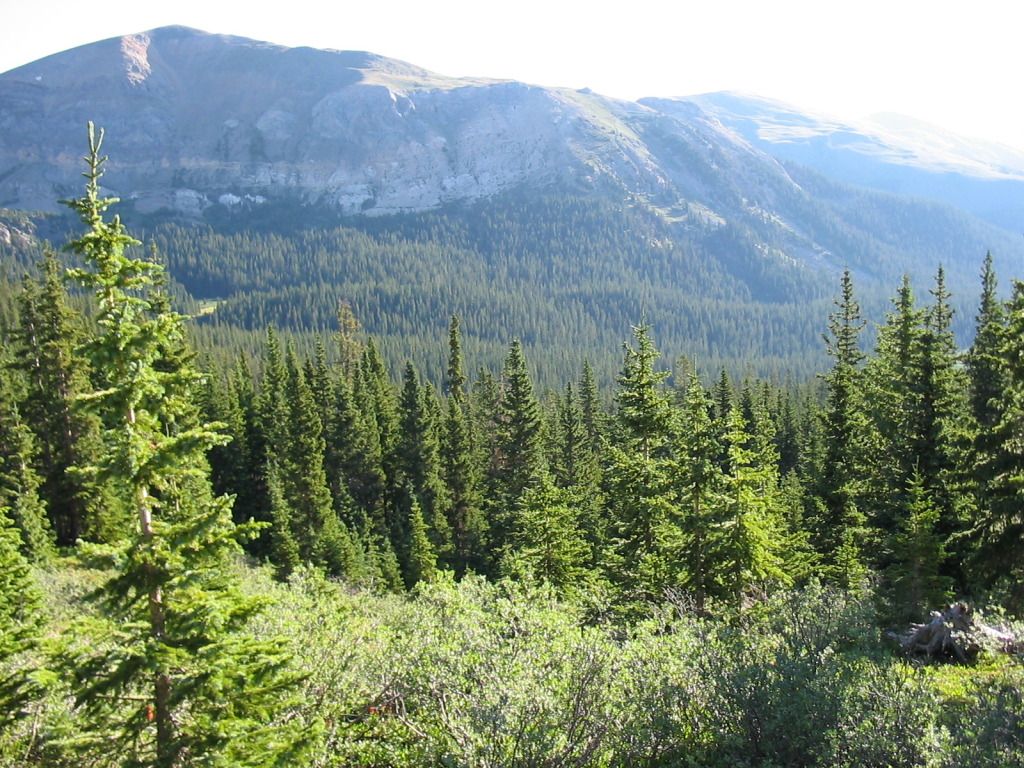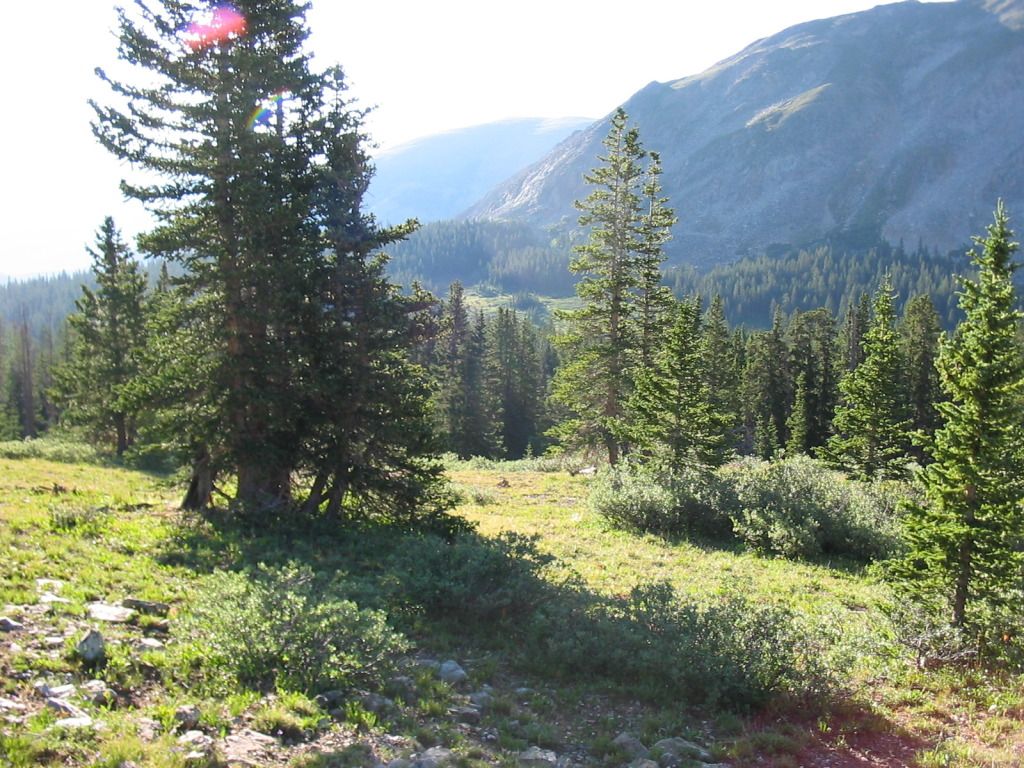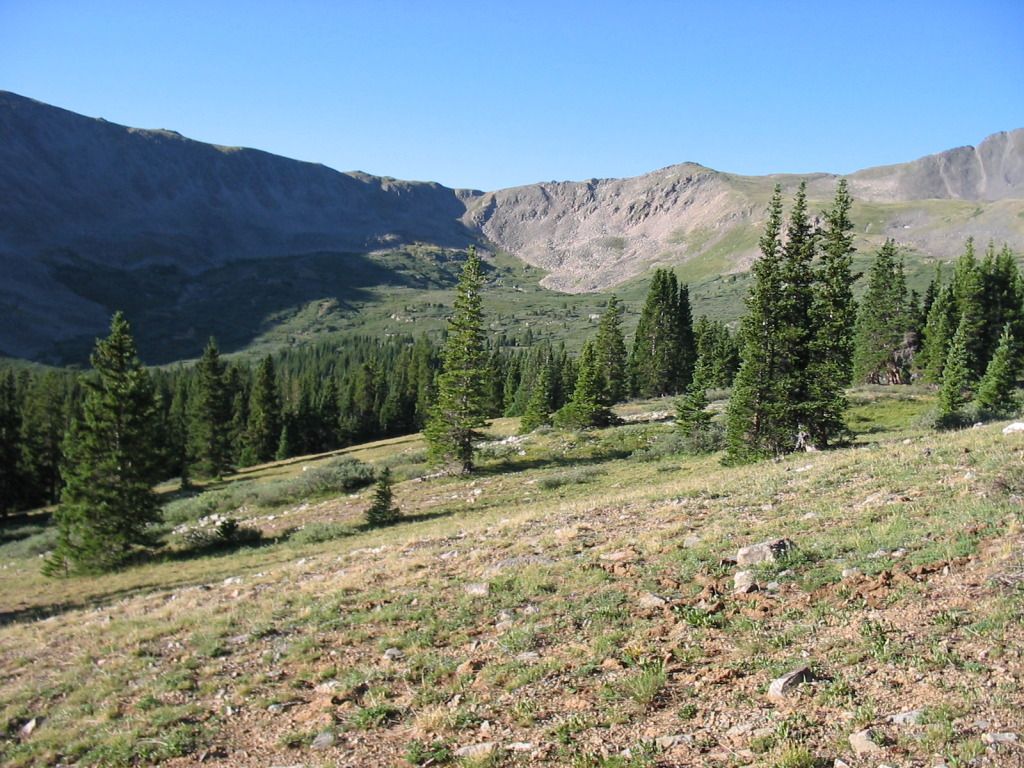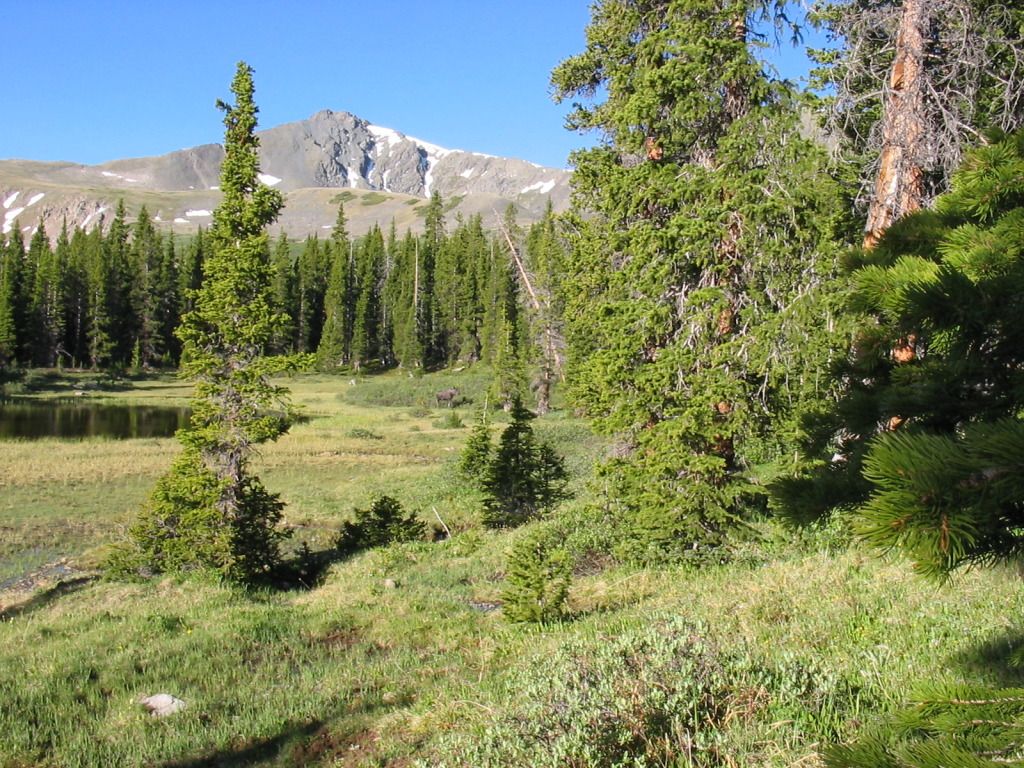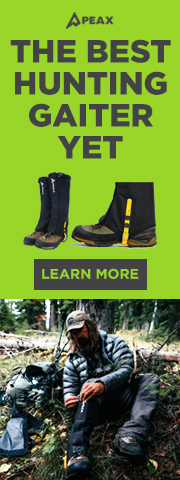americanbwana
New member
- Sep 3, 2017
- 396
Maybe not the best title, but how many years do you spend in a new area before really having a good idea of where to look and where not to look?
I know some of you have in the same area for decades. Why did you choose that area, and why do you go back?
And yet another scenario. Our newest member, let\'s call him ElkKnob, researches an area :rtfm: and see\'s it has better than average archery success. He then spends the summer map scouting, and is even able to get one or two scouting trips in before the season starts. During his trips, he see\'s lots of elk, mostly cows. Yet come hunting season he is disappointed because of either pressure, no elk sign, or what ever . After the season he has to decide if he wants to go back to the same area, or look for another area. So here is the question. Is spending a single season in a new area enough? If not, how many years should be considered a \'good investment\' before moving on? :dk:
. After the season he has to decide if he wants to go back to the same area, or look for another area. So here is the question. Is spending a single season in a new area enough? If not, how many years should be considered a \'good investment\' before moving on? :dk:
AB
I know some of you have in the same area for decades. Why did you choose that area, and why do you go back?
And yet another scenario. Our newest member, let\'s call him ElkKnob, researches an area :rtfm: and see\'s it has better than average archery success. He then spends the summer map scouting, and is even able to get one or two scouting trips in before the season starts. During his trips, he see\'s lots of elk, mostly cows. Yet come hunting season he is disappointed because of either pressure, no elk sign, or what ever
AB


